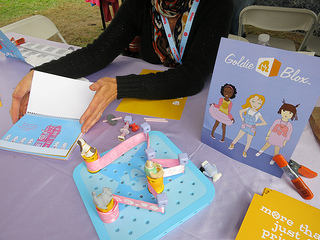Song Dispute Tunes Out

Although the terms of the settlement were not disclosed, Miley Cyrus has settled a $300 million lawsuit concerning the origins of her popular hit “We Can’t Stop.” Initially filed in 2018, Michael May, also known as Flourgon, accused Cyrus and Sony Corp’s RCA Records of negligently infringing upon the copyright of his 1988 song, “We Run Things.” While a similarity exists in one of the lyrics, the two songs are not identical, so is this really a case of copyright infringement? The two parties involved have not left the matter for the courts to decide.



